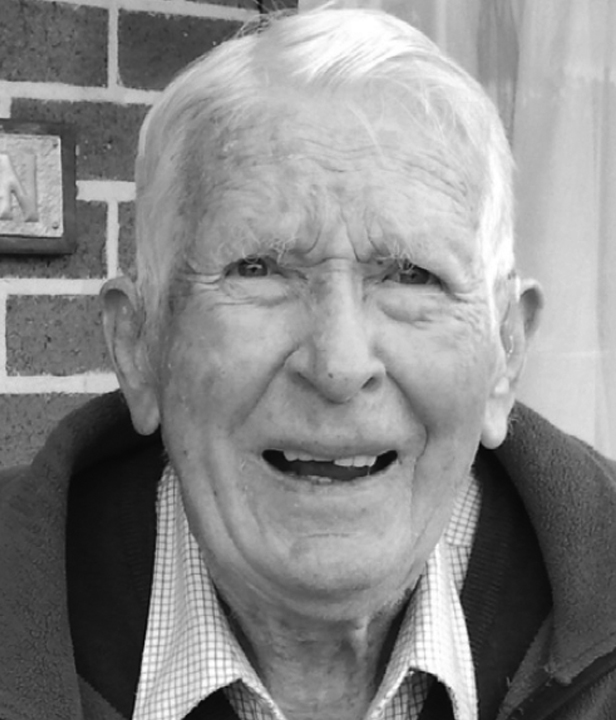
Bill Southcott gained the degree of Bachelor of Veterinary Science from the University of Sydney in 1941.After graduation he spent five years in Tasmania as a veterinary officer with the Department of Agriculture performing general disease investigations, quarantineduties, and was also in practice under the Nationalised Veterinary Service that had ecently commenced. He then joined the firm of William Cooper and Nephews as an adviser and research veterinarian and this appointment provided valuable contact with commerce and with the problems of the cattle industry in Queensland.
In 1947 he joined the CSIR as a research officer and was stationed at the newly commissioned Pastoral Research Laboratory at Armidale, NSW. On retirement in 1982, he had completed 35 years of service as a scientist and scientific administrator at CSIRO. During this time he was stationed at the Pastoral Research Laboratory at Armidale and worked successively in the Divisions of Animal Health and Production, Animal Physiology and Animal Health. In 1976 he was appointed Assistant Chief in the Division of Animal Health with specia lresponsibilities in research administration at Armidale and the Division’s laboratories at Indooroopilly and Townsville in Queensland.
Throughout his professional career Billworked principally on the applied animalhealth and production problems ofthe Australian grazing industry. In the 1950s, one problem that was increasing in frequency and severity with thedevelopment of sown pastures was ovine posthitis. At the time many thought that the disease was solely due to environmental conditions and non-contagious. Bill’s studies isolated diphtheroid bacteria that were responsible for initiating the ulceration that was precursor to the disease. Testosterone implants were found to be a control measure with much of the testing of these implants being done at the Pastoral Research Laboratory. The originality and importance of this work was recognised by the award of the Payne Exhibition to Bill by the University of Melbourne in 1966. In 1972 he was awarded the Degree of Doctor of Veterinary Science for the published work Studies on Posthitis and Vulvitis of Sheep.
Bill always championed the cause of integrated control of gastro-intestinal parasites in order to decrease reliance on anthelmintics as the sole control measure.His early studies with his colleagues at Armidale were on parasite epidemiology aimed at discovering weak links in their life cycle that could be taken advantage of in control systems. These studies lead to the use of alternate grazing of sheep and cattle as a means of reducing the worm burdens in both hosts and also provided the information for the development ofsimulation models of the parasites life cycle.
Bill’s interest in the possibility of selecting sheep for parasite resistance commenced in 1949 when he noticed in the Merino Strain Trial that strong wool sheep had smaller parasite burdens than the fine woolstrains. Bill then spent many subsequent years arguing the case for the CSIRO to undertake such a project. Until finally in the early 1970s basic heritability studies were commenced at Armidale leading to the selection programs that succeeded inproducing parasite resistant sheep.
In the inaugural years of the Faculty of Rural Science at the University of New England, Bill organised and taught the Parasitology course and he supervised candidates for PhD and Masters Degrees.He was also a kind and supportive mentor for young people starting their careers in CSIRO. Bill always encouraged them to undertake further education and training. After his retirement, Bill continued his support for young scientists with the establishment of the Southcott Scholarship that provides financial assistance for Honours Students in parasitology at the University of New England.
After retirement from CSIRO, Bill and his wife Beth became full time farmers.They moved out of Armidale to take up residence on one of their properties in the Armidale district where they ran a sheep and cattle enterprise. Only in the past couple of years did Bill finally hangup his drenching gun and move back into Armidale to commence a real retirement.
Prepared by Leo Le Jambre. Originally Published in the ASP Newsletter Volume 23 No2, June 2012


